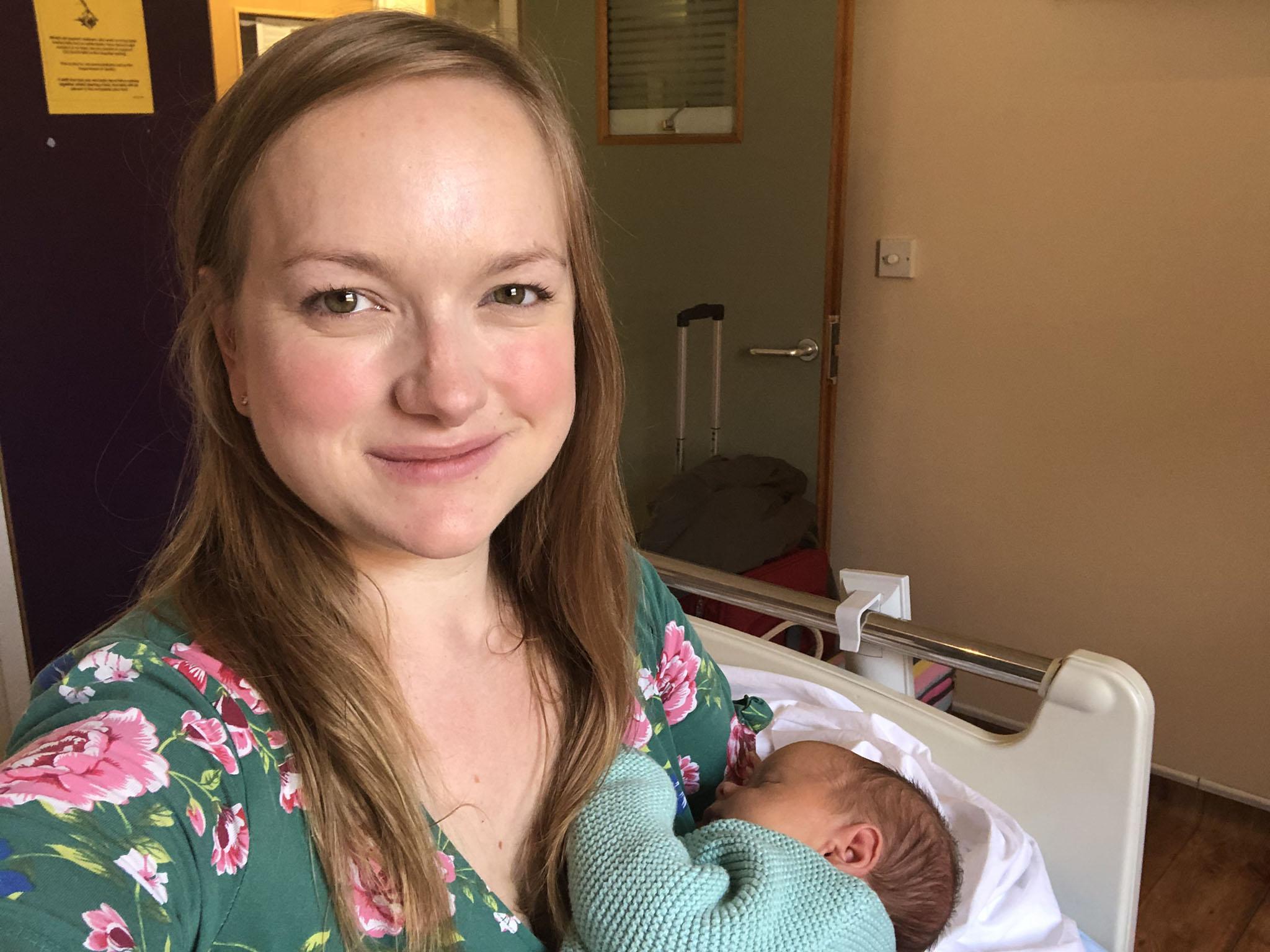I had a 1950s-style birth thanks to lockdown – and I found it strangely empowering
As the days in hospital turned into a week, I started to appreciate what I’d been gifted. At the end of our stay I was a woman transformed, ready to start life with our newly-completed family

Your support helps us to tell the story
From reproductive rights to climate change to Big Tech, The Independent is on the ground when the story is developing. Whether it's investigating the financials of Elon Musk's pro-Trump PAC or producing our latest documentary, 'The A Word', which shines a light on the American women fighting for reproductive rights, we know how important it is to parse out the facts from the messaging.
At such a critical moment in US history, we need reporters on the ground. Your donation allows us to keep sending journalists to speak to both sides of the story.
The Independent is trusted by Americans across the entire political spectrum. And unlike many other quality news outlets, we choose not to lock Americans out of our reporting and analysis with paywalls. We believe quality journalism should be available to everyone, paid for by those who can afford it.
Your support makes all the difference.“It’s a boy!” I gasped tearfully to my husband, seconds after I pushed our third child into the world.
It had been a textbook labour. Unlike my previous births, which were medically induced, I was able to manage the early stages at home – crafting with my two- and four-year-old, making their tea and later, once they were in bed, sewing a duvet cover out of some old fabric, periodically interrupted by contractions mild enough that I just needed to breathe through them.
Things got serious around 10pm, so we phoned the hospital who advised paracetamol and a hot bath. Half an hour later we knew our baby was on its way fast and we needed to get moving.
Which is where my third birth went off on a tangent. Because it wasn’t my husband whisking me off to the hospital, it was a doula wearing a facemask. When we arrived at the labour ward, the midwives (who were wearing full personal protective equipment), didn’t ask my name first but, “do you have any coronavirus symptoms?”
And the final, tearful reveal of our baby’s sex was shared via a WhatsApp video call at 2:50am.
This is giving birth in lockdown. Where your usual childcare provider is over 70 and self-isolating; where the most urgent, intimate of human interactions are done behind blue masks, or over video calls.
Things went even more awry when my hours-old newborn developed an infection that would require an extended course of antibiotics. We would be kept in the hospital for 10 days.
I was distraught. Wracked with worry for my new baby, inevitably, but also grieving the loss of our first two weeks as a family of five – and deeply anxious about either of us being exposed to coronavirus during our stay. And then they cancelled all visiting: I was going to have to do those 10 days totally alone.
It was at this point that my Nan started talking about what it was like to give birth in the 1950s – when husbands weren’t allowed at the birth, and when new mothers were routinely kept in hospital with their newborns for at least a week.
At the time, I wasn’t particularly interested in how things used to be; I wanted the modern birth experience, with my husband on hand for those character-building newborn nappies, my sons meeting their new brother on the ward, and my mum popping round with homemade treats.
All of that was gone.
But as the days turned into a week, I started to appreciate what I’d been gifted. During birth, I’d felt empowered by the amazing women who had supported me. Later, on the postnatal ward, I had breastfeeding and medical advice on tap, food that I hadn’t cooked (luxury!) brought to me three times a day, and hours upon hours of bonding time with my new son (we watched a lot of Netflix together).
At the end of our stay I was a woman transformed. I could stand and walk without wincing. My postpartum bleeding was reduced to just a trickle. My fading bump had shrunk down from the pregnant-with-twins look I’d been rocking immediately after birth. I was ready to start life with our newly completed family.
And my husband was equally ready. Having not witnessed the woman he loves in debilitating pain, he wasn’t the traumatised shell he’d been after being present at our previous births. Our new family was healthy in body and in mind.
So would I recommend the 1950s birth experience? Probably not. Despite the exemplary care of the midwives, I missed my family too much. But it had benefits that I just didn’t expect, and I’m relieved now that my husband wasn’t at the birth. It’s just a shame that, this time, those newborn nappies didn’t have his name on them.
Join our commenting forum
Join thought-provoking conversations, follow other Independent readers and see their replies
Comments